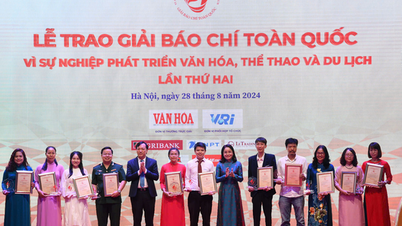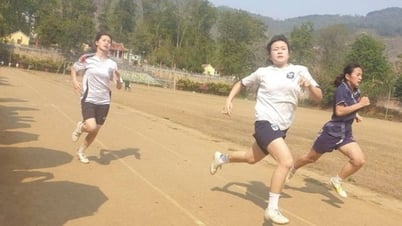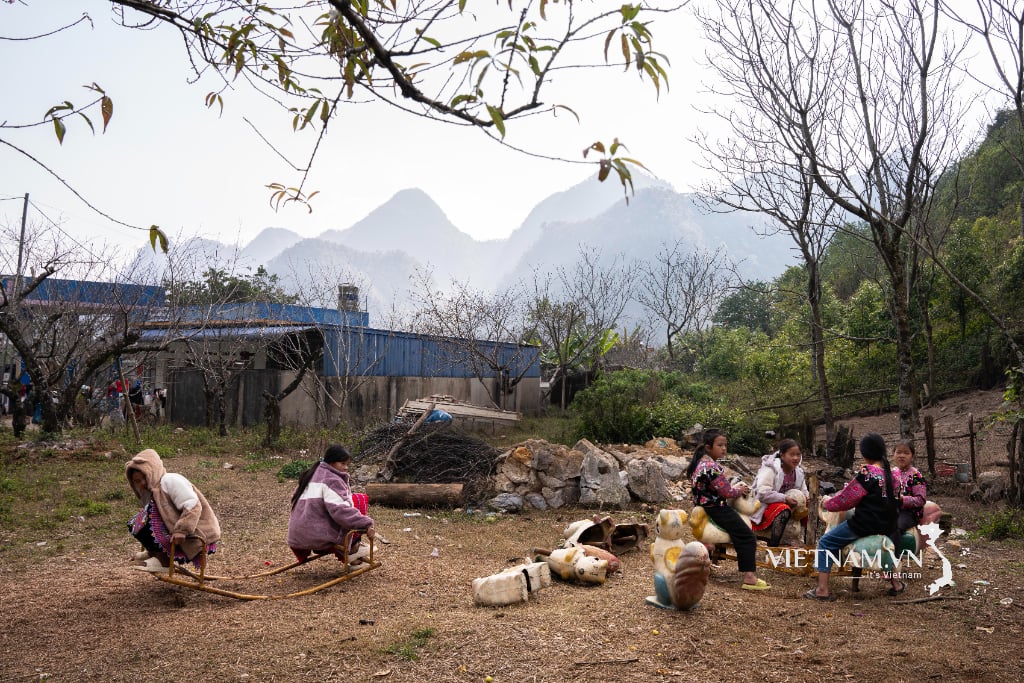Food and spices are imported from various places into Poland mainly from Asia, the Middle East, South America and other European Union countries. Among the most imported products are nuts, rice, herbs, dried fruits and spices, including cinnamon, ginger, turmeric and pepper. Although most of the imported products meet European quality standards, there are also some substandard shipments.
On July 25, 2025, the Polish Agency for Inspection of Trade in Agricultural Food Products (IJHARS) in Gdansk, Poland announced that it had detained a food shipment of 22 tons of cinnamon from Vietnam entering Poland due to moldy odor, microbiological impurities (mold and yeast) and other organic contaminants. The decision was implemented immediately. According to the procedure, such a shipment will be returned to the sender or disposed of according to regulations.
According to statistics, this is not the first time that the Polish Inspection Agency has seized goods from Vietnam. According to data released by IJHARS, in the first half of 2025, the agency issued a ban on 5 shipments originating from Vietnam, including black pepper and dried mango. Not only Vietnam, many other countries also have goods blocked from import due to failure to meet food hygiene standards. China is reluctantly leading this list (12 shipments), followed by Ukraine (11 shipments), Turkey (10 shipments), the UK (9 shipments), Egypt (8 shipments). India is behind Vietnam with 4 shipments. However, the number of shipments handled by Polish authorities this year is only about 30% of the same period last year, which is assessed to be due to the deterrent effect of increased control of imported agricultural products.
The IJHARS agency announced that it will continue to strictly control and cooperate more closely with foreign services to minimize the risk of dangerous products reaching Polish consumers. The Vietnam Trade Office in Poland recommends that Vietnamese enterprises exporting agricultural products and food to Poland pay close attention to tightening quality management to avoid losses due to returned or destroyed goods, while also affecting the reputation of Vietnamese agricultural products that are currently establishing a certain position in the Polish market.
Source: https://moit.gov.vn/tin-tuc/thi-truong-nuoc-ngoai/doanh-nghiep-xuat-khau-nong-san-thuc-pham-sang-ba-lan-can-luu-y.html






























![[Photo] National Assembly Chairman attends the seminar "Building and operating an international financial center and recommendations for Vietnam"](https://vphoto.vietnam.vn/thumb/1200x675/vietnam/resource/IMAGE/2025/7/28/76393436936e457db31ec84433289f72)




































































Comment (0)